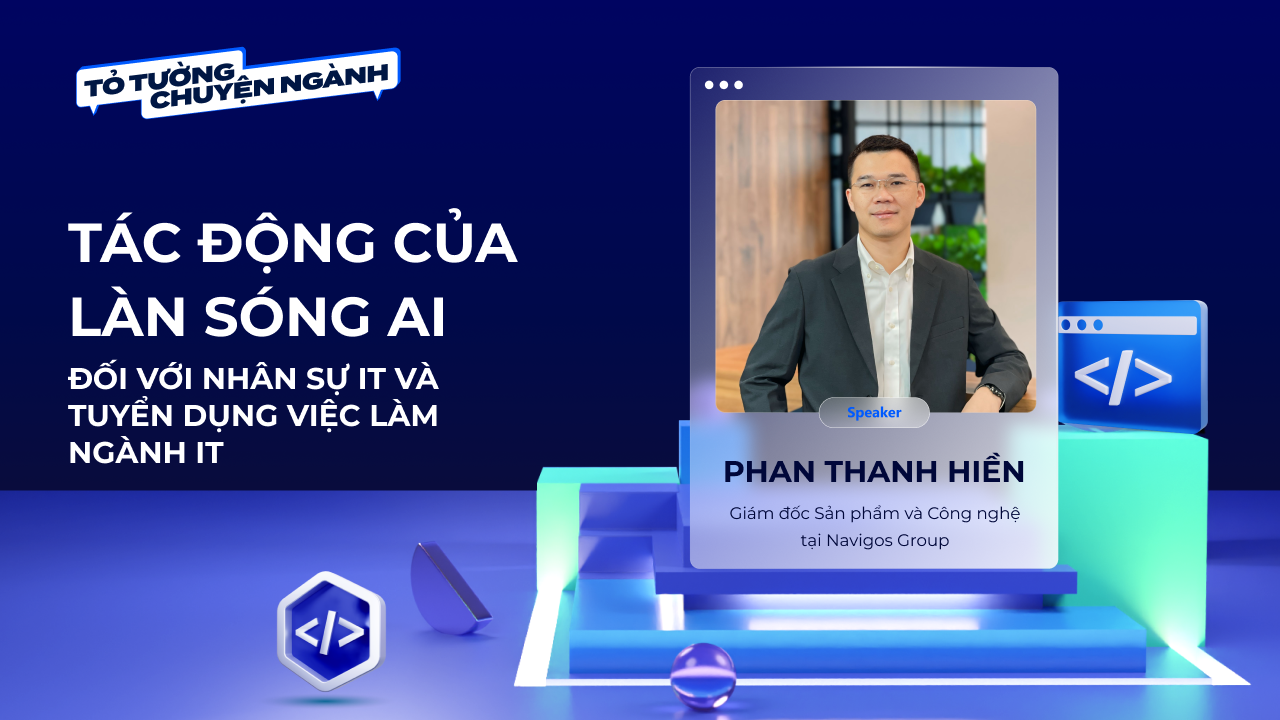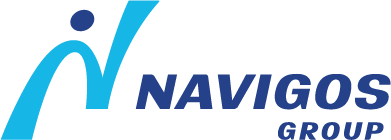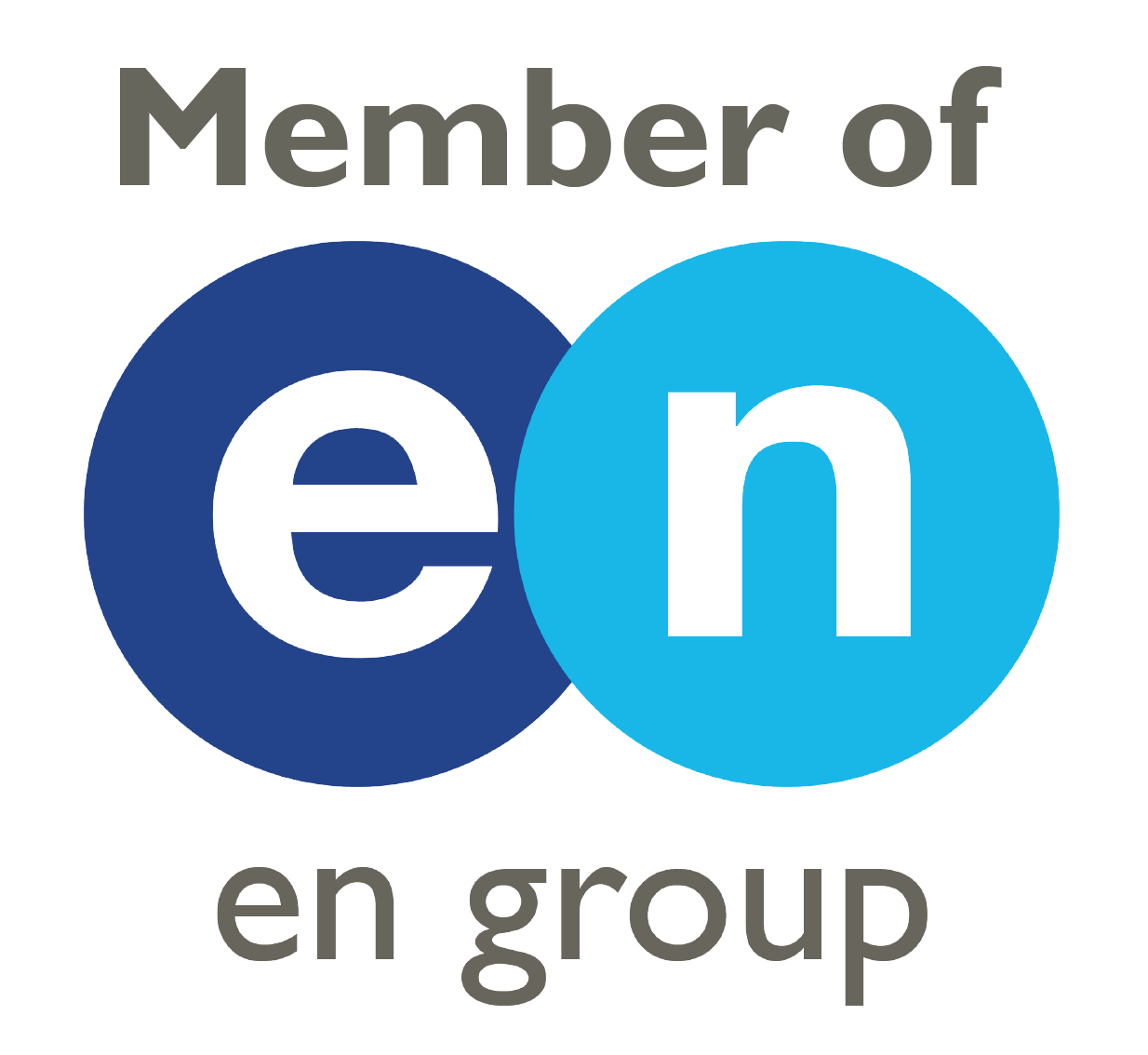Interview with Mr. Phan Thanh Hien – Director of Product and Engineering at Navigos Group on the Impact of AI on IT Personnel and Recruitment
[INTERVIEW] THE IMPACT OF ARITIFICIAL INTELLIGENCE ON IT PERSONNEL & RECRUITMENT
- 14/10/2024

REGARDING THE INFORMATION TECHNOLOGY SECTOR
Question 1: What is your opinion on the current state of Vietnam's IT industry, particularly under the influence of the AI wave?
Vietnam’s IT sector continues its strong growth momentum in 2024. According to information from the Ministry of Information and Communications, the digital technology industry's revenue in the first nine months of 2024 reached approximately $118 billion, marking a 17.78% increase compared to the same period last year. This is understandable as companies, post-pandemic, are focused on streamlining processes and optimizing operational efficiency. IT, with its critical role in driving digitalization, automation, and smartization, has become an indispensable factor in this journey.
As for Artificial Intelligence (AI), particularly Generative AI, it has made significant strides in recent years, making automation and smartization transitions easier than ever. In the past, building teams for AI research and development was costly and time-consuming, but with the advent of Generative AI, even small teams can create groundbreaking changes for businesses in a short time if they know how to harness its potential. This opens up vast opportunities, not only for companies looking to leverage AI to increase work efficiency but also for those providing innovative solutions based on Generative AI.
Question 2: Which roles in IT human resources can AI replace, and which roles will be created as a result of AI?
In the short term, I don’t believe that AI can fully replace any specific role in the IT sector. Current AI solutions still require close collaboration between humans and machines to achieve optimal effectiveness. However, AI will significantly boost work efficiency in most roles, especially positions like developers, testers, and UX/UI designers. Those who know how to exploit AI's power will outperform those who continue to work traditionally, leading to a higher risk of elimination for those who fail to adapt.
Instead of creating entirely new roles, I think existing roles will be executed differently thanks to AI. This shift requires a major skill transition for most positions in the IT industry. For example, developers will need to learn how to use AI to generate code and focus more on solution design, code review, and debugging. Quality control (QC) personnel must also learn how to use AI to automatically create test cases, saving time and increasing work efficiency.
In other words, while AI will accelerate automation, the human role in testing, evaluation, and optimization will remain crucial.
Question 3: How can IT professionals enhance their skills and keep up with the AI wave?
To enhance skills and keep up with the AI wave, IT professionals need a clear, strategic approach to learning and application. First, it’s vital to stay updated through reading industry-specific materials or participating in reputable AI courses. However, learning shouldn’t stop at theory; regular practice is essential. IT professionals should ask specific questions to guide their learning, such as: "How can AI improve work efficiency?" or "How can AI bring breakthrough user experiences to products?"
AI application in practice should be carried out through specific projects, from experimenting with AI tools in daily tasks to implementing AI solutions in company projects. Additionally, IT professionals should continuously study successful AI use cases across various industries to find inspiration and apply them appropriately to their field.
Question 4: Do job applicants need to change how they write their CVs or highlight their skills to fit AI-based automated screening processes?
Job applicants should adjust their CV writing to align with AI-powered screening processes. Thanks to Generative AI, the process of filtering CVs to assess the fit between the applicant and the job description has become much faster and more accurate. Therefore, carefully reading job descriptions and emphasizing skills and experiences directly related to the job's requirements will increase applicants’ chances of being recommended by AI and catching the attention of employers.
Additionally, as most CV screening systems today use AI, candidates should choose CV formats that systems can easily extract information from, such as standard text files (PDF, Word), and avoid image-based CVs. Applicants can also use AI tools to self-assess how well their CV matches the job requirements and then adjust their CV accordingly. VietnamWorks AI will soon launch a tool to help candidates do this more effectively.
REGARDING RECRUITMENT
Question 5: What is the biggest challenge that IT personnel and the recruitment industry will face when AI becomes a mainstream trend? How can personnel and businesses overcome this obstacle?
The biggest challenge that IT personnel and the recruitment industry will face as AI becomes mainstream does not come from the technology itself, but from the ability to adapt and utilize it. Generative AI opens up numerous opportunities, but it also demands that both personnel and businesses change traditional work methods. Instead of viewing AI as an obstacle, personnel need to learn how to use AI to increase productivity, enhance customer experience, and create value faster and more effectively.
To overcome this challenge, it’s important for IT personnel and businesses to develop a flexible mindset and be open to learning new skills. Specifically, personnel must equip themselves with the skills to use modern AI tools, enabling them to optimize work by reducing manual tasks and focusing on more creative missions. From the business side, investing in training and building a culture of technology adoption is essential to allow employees to access and use AI most effectively.
In short, overcoming the challenges of AI depends on the ability of both personnel and businesses to adapt, learn, and apply the technology. AI will be a powerful tool for boosting work efficiency, not a barrier if used correctly.
Question 6: What strategies should businesses apply to compete and retain top IT experts in the AI era?
To compete and retain top IT experts in the AI era, businesses must implement several strategies focused on creating an attractive work environment and development opportunities. First, businesses need to recognize the crucial role of IT, especially AI, in creating a competitive edge and breakthrough in their digital transformation journey. This requires setting challenging and innovative goals while making appropriate investments in the IT team.
The work environment needs to be open and encouraging of creativity, allowing IT experts the space to innovate and grow. Engineers often want to participate in challenging, complex projects that create real value, so providing opportunities for such impactful work will attract and retain them. Additionally, recognizing and adequately rewarding their contributions is essential. Businesses must ensure that IT professionals feel valued and have appropriate advancement opportunities.
Finally, building a culture of technological innovation, where AI and other advanced technologies play a core role, will help businesses maintain their competitive position and attract talent in the IT field.
Mr. Phan Thanh Hien – Director of Product and Engineering of Navigos Group
—————————
CONTACT
Ms. Van, Nguyen Bich: Human Resource Manager of Navigos Group
Email: van.nguyen@navigosgroup.com
Phone number: 024 3944 0539
—————————
BRAND INFORMATION
About Navigos Group Vietnam
Navigos Group is the leading human resources recruitment service provider in Vietnam, and its mission is to help job seekers and companies achieve their dreams through professional recruitment services. Navigos Group is known for its ecosystem that includes VietnamWorks - the largest online recruitment portal and Navigos Search - a mid-level and high-level personnel recruitment service. Since 2013, Navigos Group Vietnam has officially become a member of en Japan Group specializing in providing human resources recruitment services with headquarters in Tokyo, Japan. Up to now, Navigos Group has marked 20 years of operation in the Vietnamese market.
About VietnamWorks inTECH
VietnamWorks inTECH is a specialized IT recruitment brand under VietnamWorks.com, dedicated to connecting job seekers with top-tier opportunities across a wide range of positions and levels from leading tech companies, ensuring access to the best career paths in the industry.
—————————




